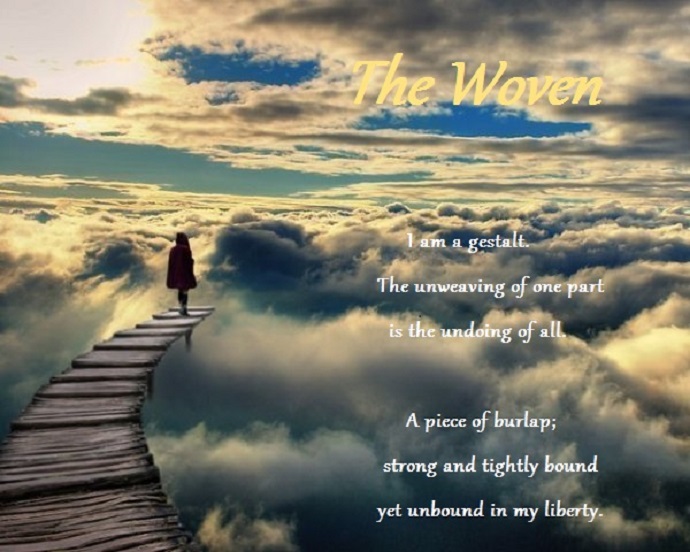”The God whose nature does not include love for the world is a God whose love for creation is capricious.” pg. 110
 Thomas Jay Oord doesn't shy away from a challenge in this new book. In The Nature of Love: a Theology, he is attempting to tackle the theological problem of evil and what those implications are for God.
Thomas Jay Oord doesn't shy away from a challenge in this new book. In The Nature of Love: a Theology, he is attempting to tackle the theological problem of evil and what those implications are for God.
This is going to be difficult for me to write. Normally, when reading a book I am going to review, I have a loose method. (I am a creature of habit). I carry a hi-liter marker with me, and as something catches my attention, I will hi-lite that phrase, sentence, or paragraph, dog-ear the page, and continue reading.
Once done the book, I will habitually sit outside in my gazebo (usually just before the sun rises) and go through my hi-lited points and dog-eared pages. Occasionally some hi-lited points will be of personal interest rather than for the review.
I fear this book will, quite literally, left my method broken.
I had found myself left with as many hi-lited notes of personal interest as reminders for this review. I had began scribbling notes in pen in the margins and even debated using up to three different colours of hi-liters! So many dog-eared pages had I left that I used one of my daughter's hair elastics to keep the book shut.
This book clearly would greatly lend itself to a group study and discussion. How the author contained his (new?) theory – the Essential Kenosis Theology – which addresses the problem of evil, within a small book of about 157 pages is nothing less than incredible.
This book touches upon something close to my heart, as I have struggled and wrestled through tears and heartache with the question of an omnipotent Deity who either creates Evil Himself, allows Evil to co-exist, or indifferently turns a blind eye. My personal quest has led me into the distant past to Creation itself searching for answers, as has Thomas Jay Oord, who dedicates a fair amount of ink into the latter part of the book. He contrasts God as outside of Time (timeless) with God as fully immersed in Time (time-full). He also seriously questions God's need of Creation and asks who must god truly love?
Thomas Jay Oord has even provided some material that forces me to revisit and reevaluate certain conclusions I have already concluded!
”Essential Kenosis theology not only solves the theoretical aspect of the problem of evil. It also resolves the question of why a loving God would not guarantee the fair distribution of goods to the poor and needy. It solves the problem of why a loving God would allow errant and ambiguous revelation, rather than making crystal-clear the information apparently necessary for full salvation.” pg. 126
I have questioned this issue of ”errant and ambiguous revelation” in A Pluralistic Sophia (which I must now, at least to some degree, revisit).
However, it is also at this point where we begin to see some minor tell-tale signs of problems.
This book; this Essential Kenosis Theology theory, is based upon, as the author himself puts it, the biblical witness. Ambiguous and less than crystal-clear revelation. Although I believe Thomas Jay Oord is in all likelihood referring to other holy script, it never-the-less should apply to the bible also. It explains the possibility of errant, conflicts, and inconsistencies of the bible itself. So it “allows” for ”errant and ambiguous revelation” yet rests upon the authority of the biblical witness. That's problematic. (And on a side note, I would very much like to know what does “full salvation” and its implications – a lack of salvation – mean from a necessarily all loving God).
The Essential Kenosis Theology, as presented in this book, goes a long way in forwarding my understanding of addressing the problem of evil in this world. However, I believe it isn't a “whole”, complete, or finalized theology. It is on page 134 that it broke down for me:
”...a biblically oriented doctrine of creation... [should]... reject theories of creation that imply God initially created our universe from preexisting materials God did not create but “happened upon” or “found at hand”.”
“When the Genesis writer first mentions God's creative activity, he describes God creating from something rather than nothing”.
Here is a problem. Either we run with the “biblical witness” as authoritative, or we do not. We cannot have it both ways.
If you are going to broach the issue of initial creation (which the author has) you need to address it one way or another. Not leave it in a confused and ambiguous state and then attempt to sidestep it altogether, providing a half-baked answer like,
"...sharing power and asking creation to participate in the creative process"; co-creating alongside God and continuously creating from the created. Basically stating the (answer to this problem) is the ”everlasting God has everlastingly been creating from that which God previously created. In each moment of God's everlasting life, God creates something new from what God created in the past. God's creating has always been occurring in the past and will always occur in the future” (pg. 136).
But all this aside, there is a wellspring of refreshing ideas presented in the book contrasted alongside older and more traditional ones. I would say it is a relativity heavy read but one worth the while all the same.
